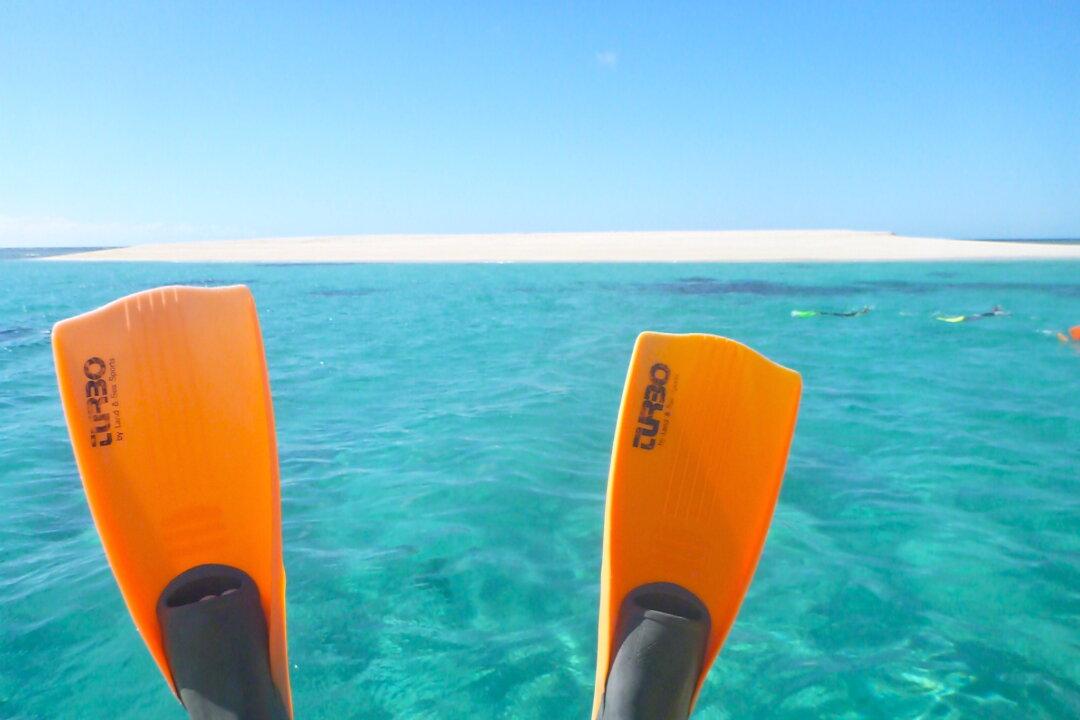Commentary
Australia’s federal government has thrown the barramundi fishing industry to the sharks as part of the blackmail payout to UNESCO to stop the organisation listing the Great Barrier Reef as “endangered.” However, UNESCO will be back in a few years for another payout—that’s what blackmailers do.

